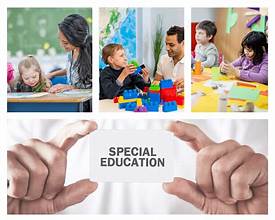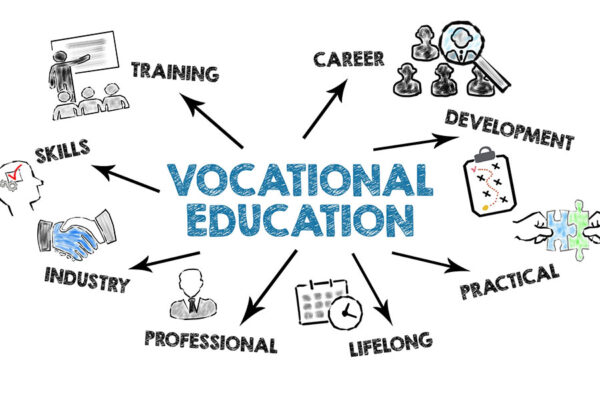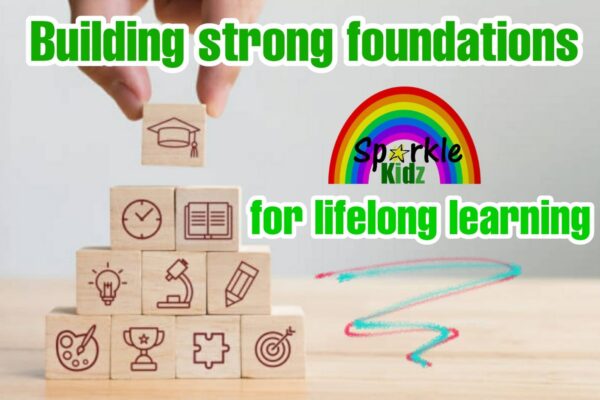According to a recent analysis, strategies that can support the success of special education programs in schools include focusing on inclusion, utilizing data, and establishing partnerships.
The California Charter Schools Association (CCSA) publication “Meeting the Needs of Every Student Through Inclusion” describes the special education program philosophy of ten California charter public schools, how they implement best practices on campus, and what policy arrangements have contributed to their success.
The qualitative study sheds light on the advantages of inclusive education in particular and how best to support students with disabilities in all schools. The schools have also benefited greatly from these approaches, with increases in math and ELA achievement as well as enrollment.
Students with disabilities in California have frequently seen notable differences in the quality of their education; this issue is made worse by a system that prioritizes compliance over outcomes, takes away autonomy, and fails to properly individualize student supports.
According to Jed Wallace, president and CEO of CCSA, “Charters school leaders recognize students learn better together and they belong together in the classroom, regardless of their ability.” “Our schools are the first step in creating communities where everyone feels respected and accepted. Charter schools have long been role models for good teaching techniques and have no history of ability-based student segregation. The way charter schools are valuing the uniqueness of each student and providing inclusive education that has been proven to benefit all students excites me.
(The seven components of successful special education programs are on the following page.)
The final sample of ten schools included a range of sizes, teaching models, and student demographics; nevertheless, all of the schools shared the following ideas and practices:
- Making student diversity a component of the school’s ethos
- An inclusion-focused special education program concept
- Support systems with multiple tiers to implement layer interventions
- Instruction and interventions based on data
- Partnerships with the family and the community were utilized
- Special education funding and staffing were at the discretion of the schools;
- Staff-driven and customized professional development

Together, students learn more effectively.
The commitment of educators and school administrators to implement inclusive policies was one of the study’s main conclusions.
According to Kate Dove, Special Education Advisor at CCSA, “charter school programs stand out in their ability to serve students with special needs because of the practice of inclusion.” “We are happy to report that, in contrast to 53 percent of students with disabilities statewide, 88 percent of charter students with disabilities are receiving instruction in general education classes for more than 80 percent of their school day, as per a recent analysis by the California Department of Education.”
Obtaining outcomes
At the ten schools under investigation, the report’s recommended approaches have resulted in extraordinary student achievement. One is a National Blue Ribbon school, two are California Gold Ribbon schools, and a third is renowned worldwide for its innovative approach to inclusion. The schools’ median special education enrolment was 10%, and several of them were teaching over 14% of pupils with disabilities.
According to recent data, the sample of charter schools under investigation is outperforming the state average in math and English language arts (ELA) on standardized examinations. A statewide shift to new standards and assessments in 2014–15 resulted in a decline in competency in every California school. Nevertheless, in both math and English language arts, students with disabilities attending the sample’s charter schools did better than the state average.
Because these charter schools have control over their special education programs, they have been able to develop specialized programs and put into effect the principles and techniques that have proven successful. For special education reasons, the majority of the schools in this study function as either Local Educational Agencies (LEAs) or LEA-like, giving them the authority to decide on programming matters on a school-by-school basis.

Charter schools may function independently as a Local Education Agency (LEA) under a Special Education Local Plan Area (SELPA) under California law. This gives charter schools complete control and freedom over their special education budgets and initiatives, enabling them to appoint qualified personnel and design excellent, customized curricula for pupils. Furthermore, schools may function in LEA-like settings in which the charter school enters into an agreement with the district that grants them authorization to get funds and programmatic autonomy for special education services.










Comments on " Seven components of effective programs for special education" :